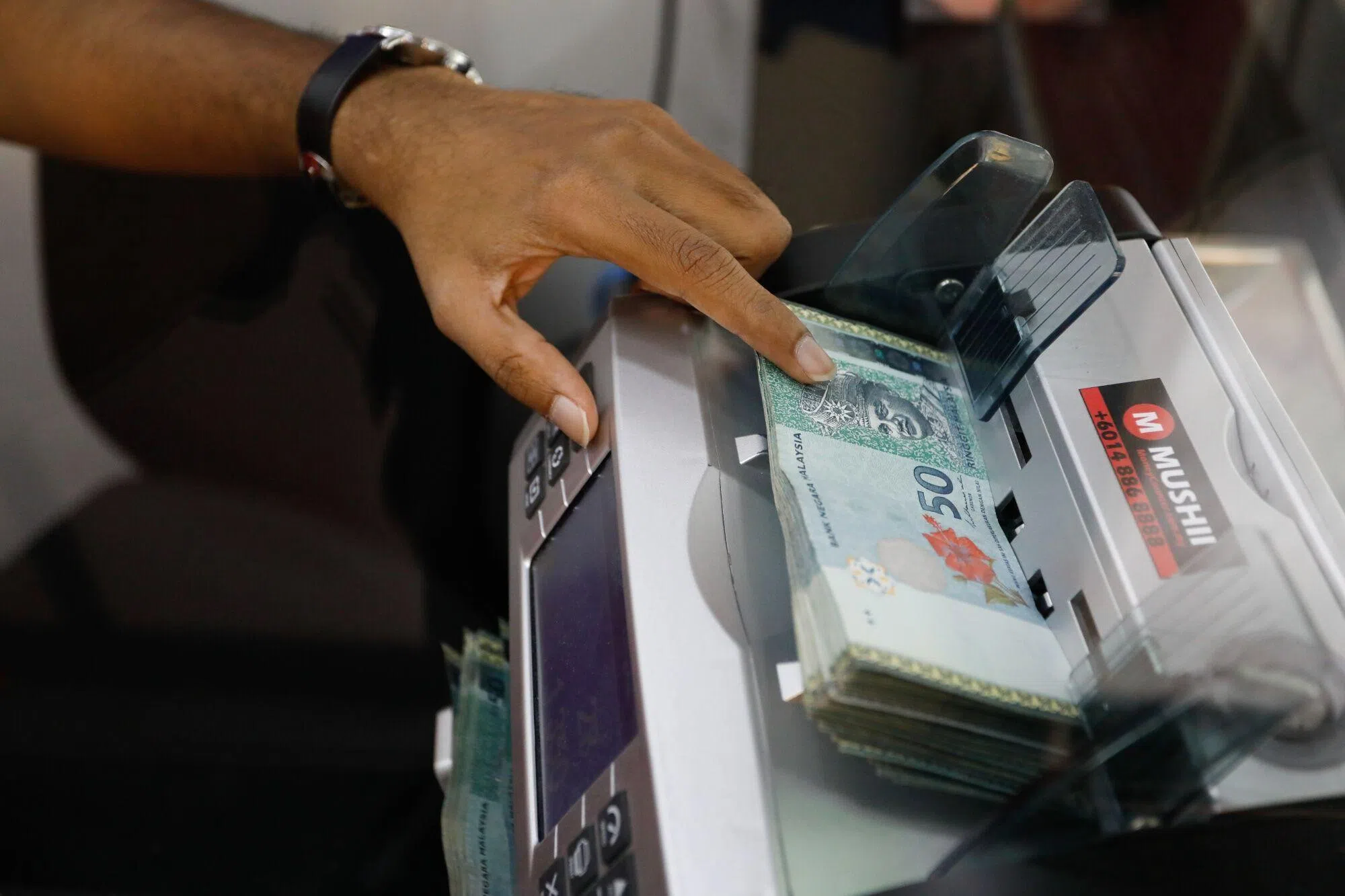MALAYSIA’S ringgit, the only emerging Asian currency to strengthen against the US dollar this year, may see its performance ebb on risks from Donald Trump’s election win.
A rally in the greenback and fears over higher tariffs on imports into the US have already started to weigh on the ringgit, which slid to its lowest level since August this week. The US is Malaysia’s third biggest export market with an 11 per cent share, making the local currency prone to depreciation when the tariffs kick in.
“Until the year-end, fear of tariff implementation and its implication on inflation may undermine Asian currencies, including the ringgit” due to their higher sensitivity to such global developments, said Christopher Wong, a currency strategist at OCBC in Singapore.
Trump’s election victory roiled emerging markets globally and sparked concerns that the president-elect would impose levies of as much as 60 per cent on imports from China and 20 per cent on the rest of the world. That’s adding to the ringgit’s woes, with the central bank cautioning the currency will continue to be driven mainly by external factors.
The ringgit closed little changed at 4.4043 against the US dollar Thursday.
The currency was Asia’s top performer in the first nine months of the year as economic growth exceeded expectations, but it is vulnerable to tariff risks. Trade represents 130 per cent of Malaysia’s gross domestic product, according to World Bank data, making it one of the most trade-dependent countries in the region.
While there could be a long wait before actual tariff announcements in the US, the uncertainty will likely weigh on market sentiment.
“Trump’s threat on tariff is clearly one of the biggest risk markets are concerned about but we do not know how long it takes for those policies to be in place or if they will ever be,” OCBC’s Wong said. BLOOMBERG



